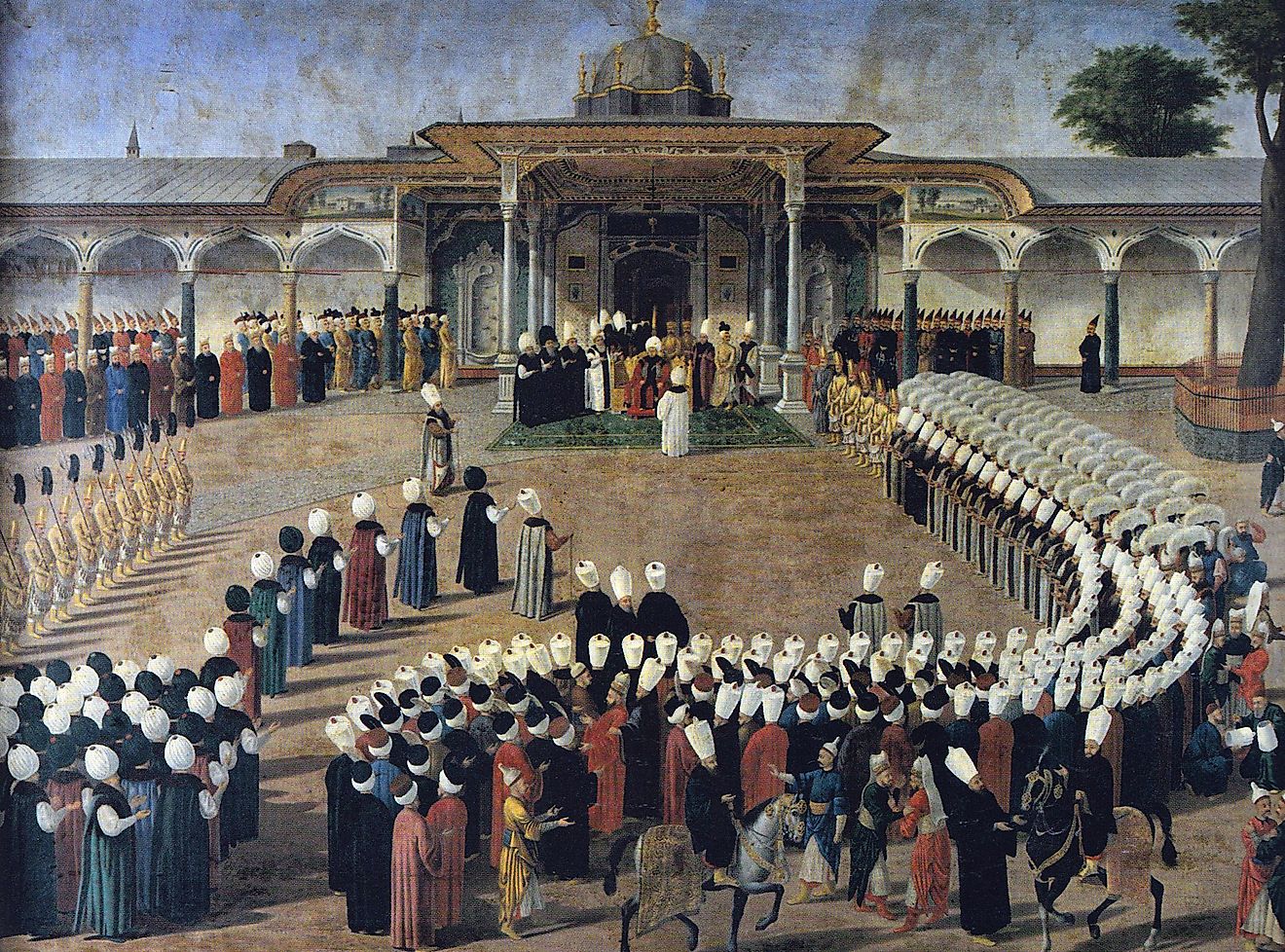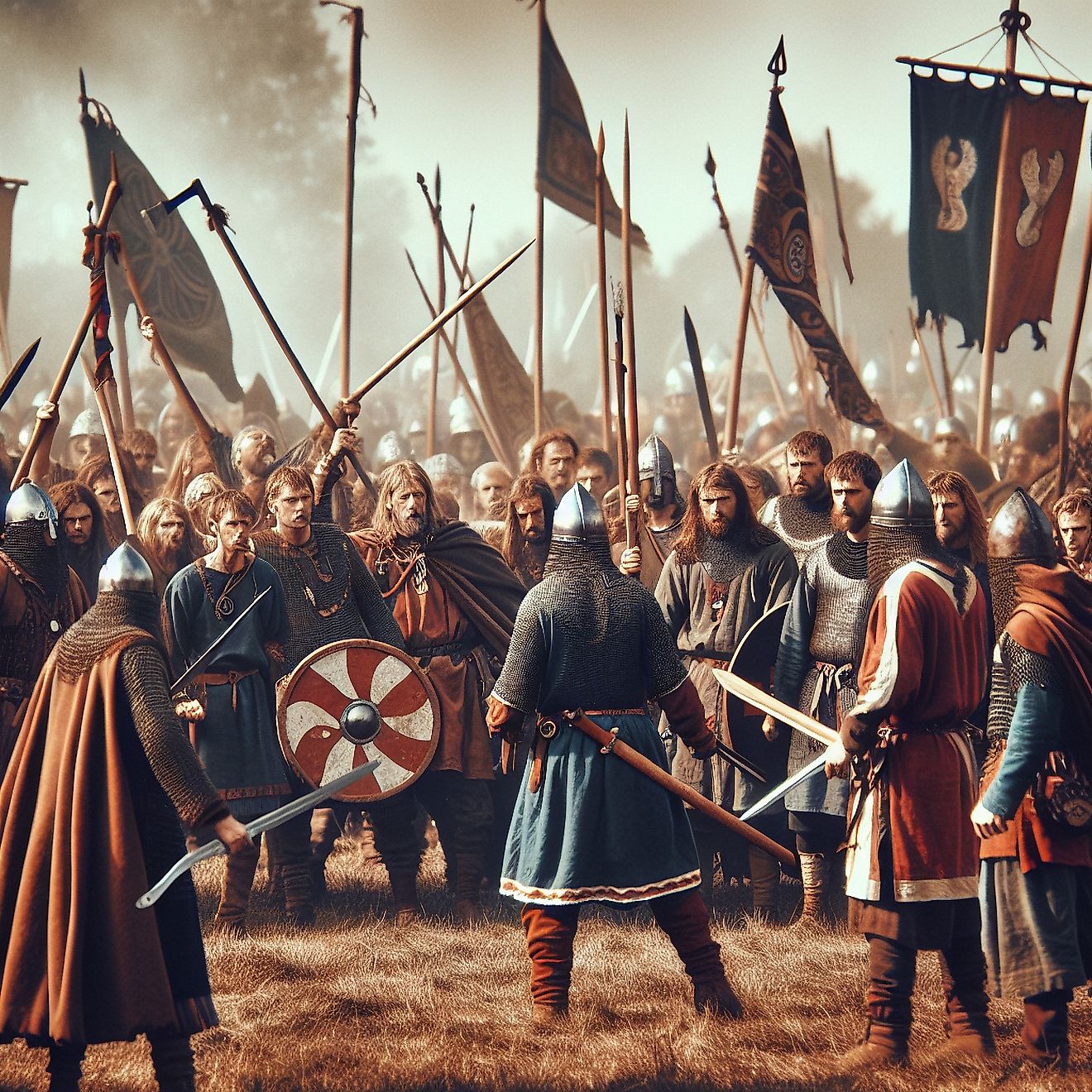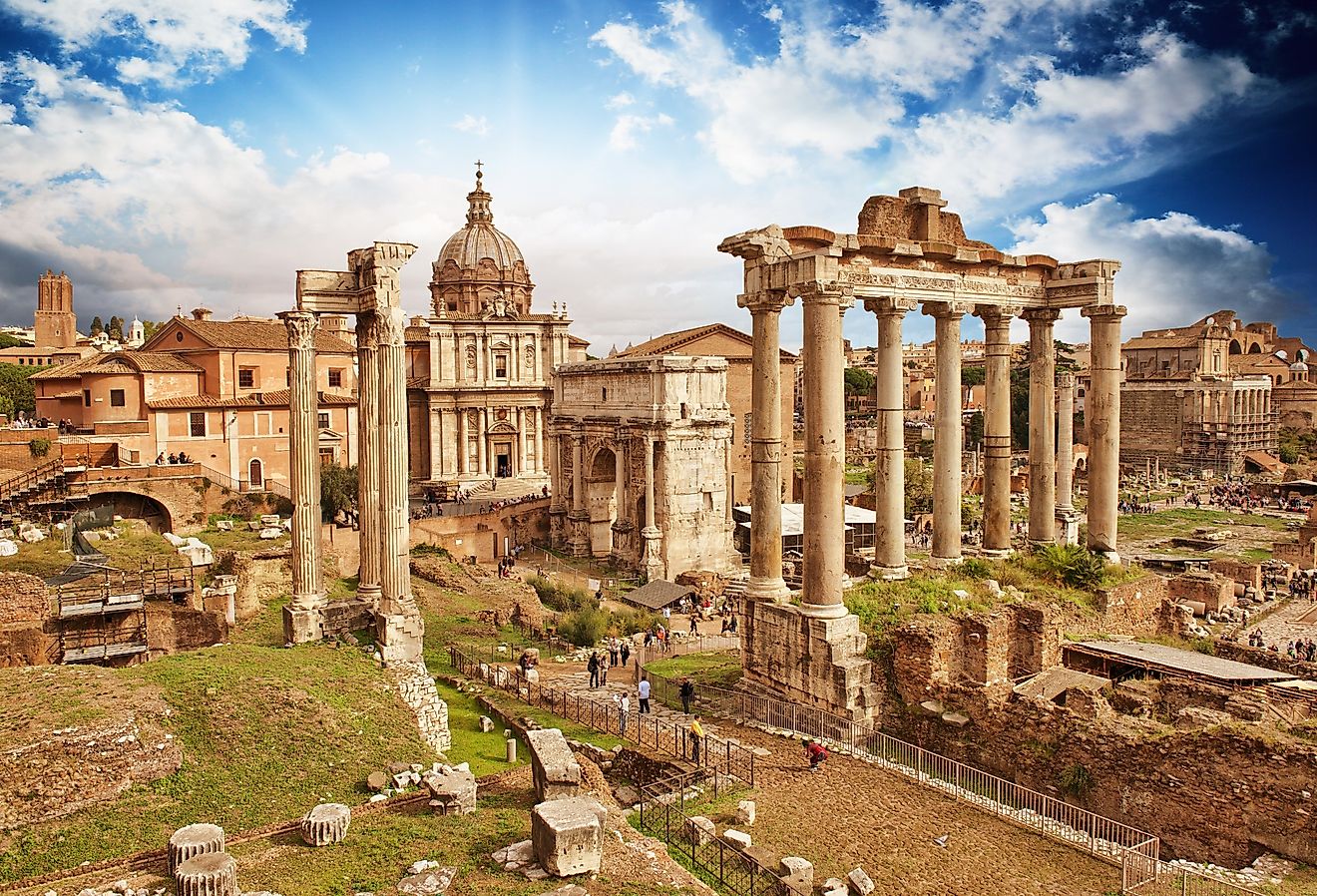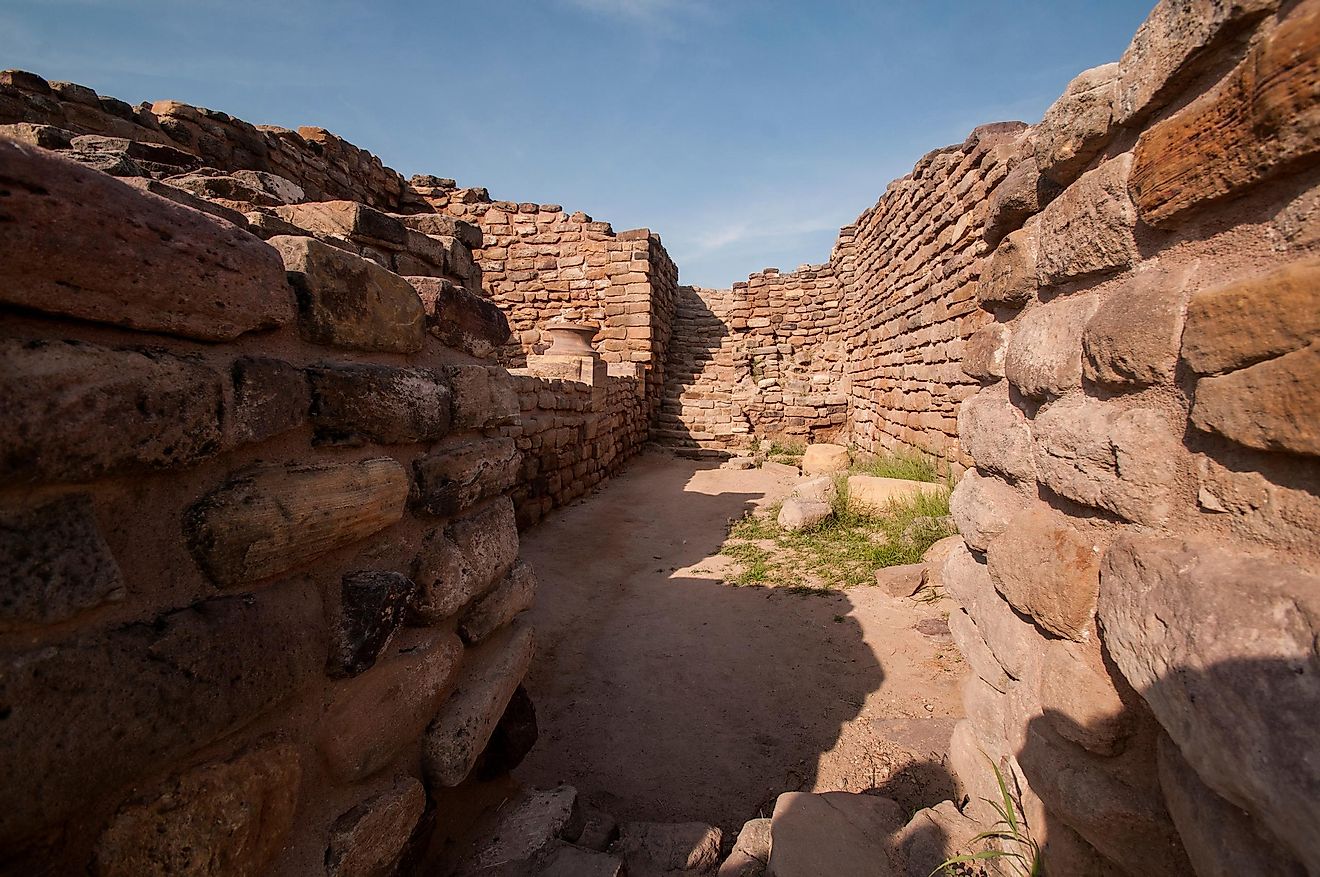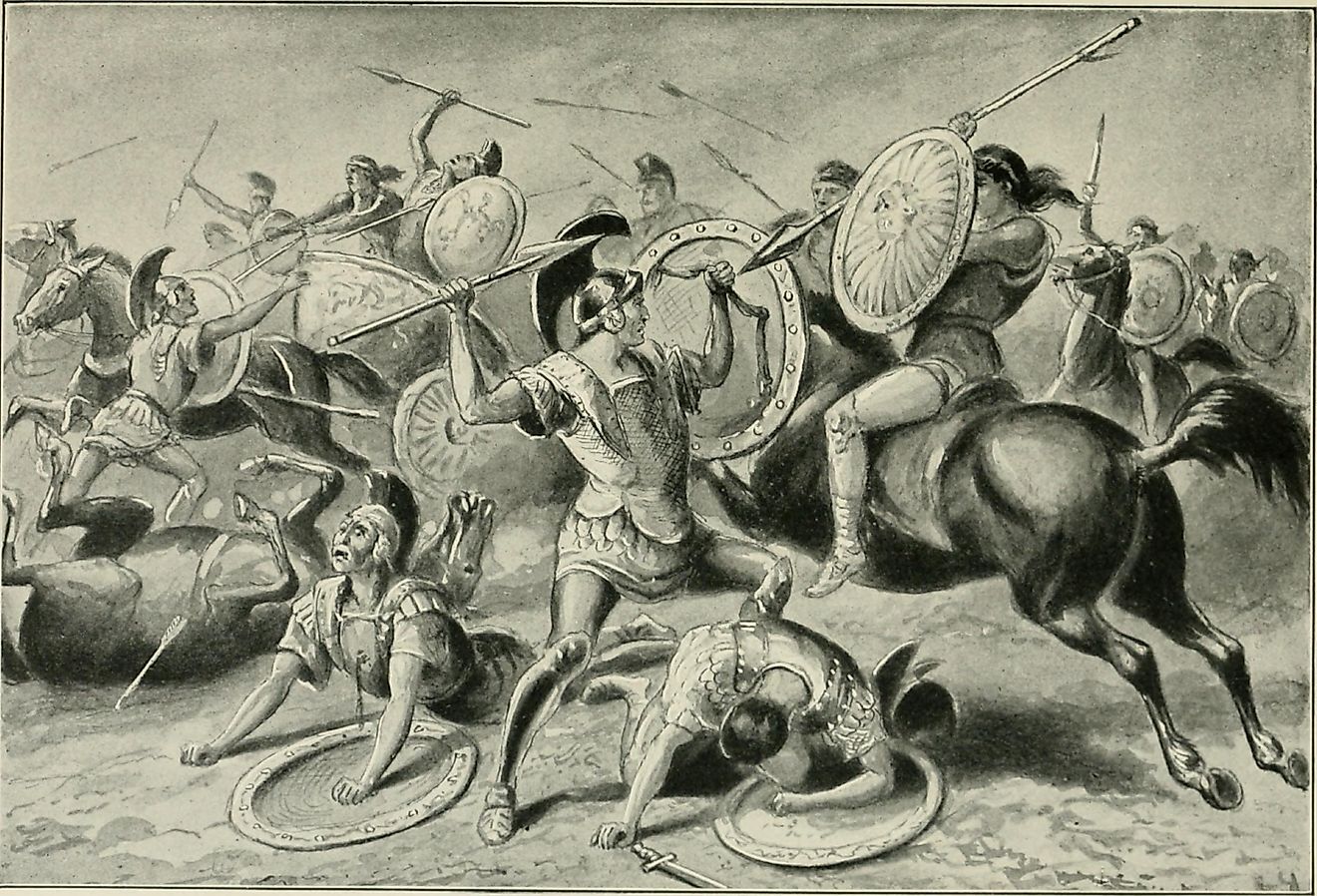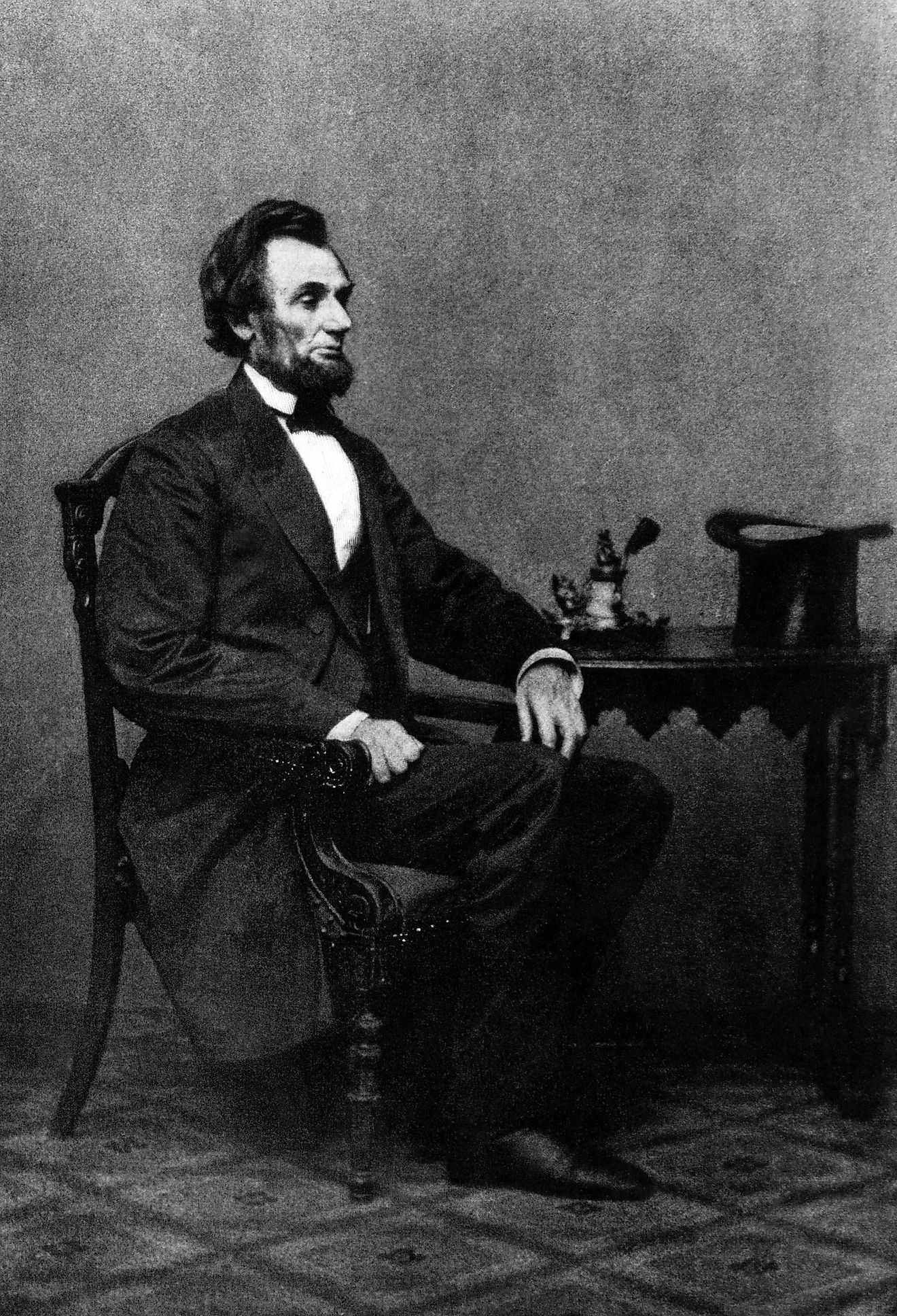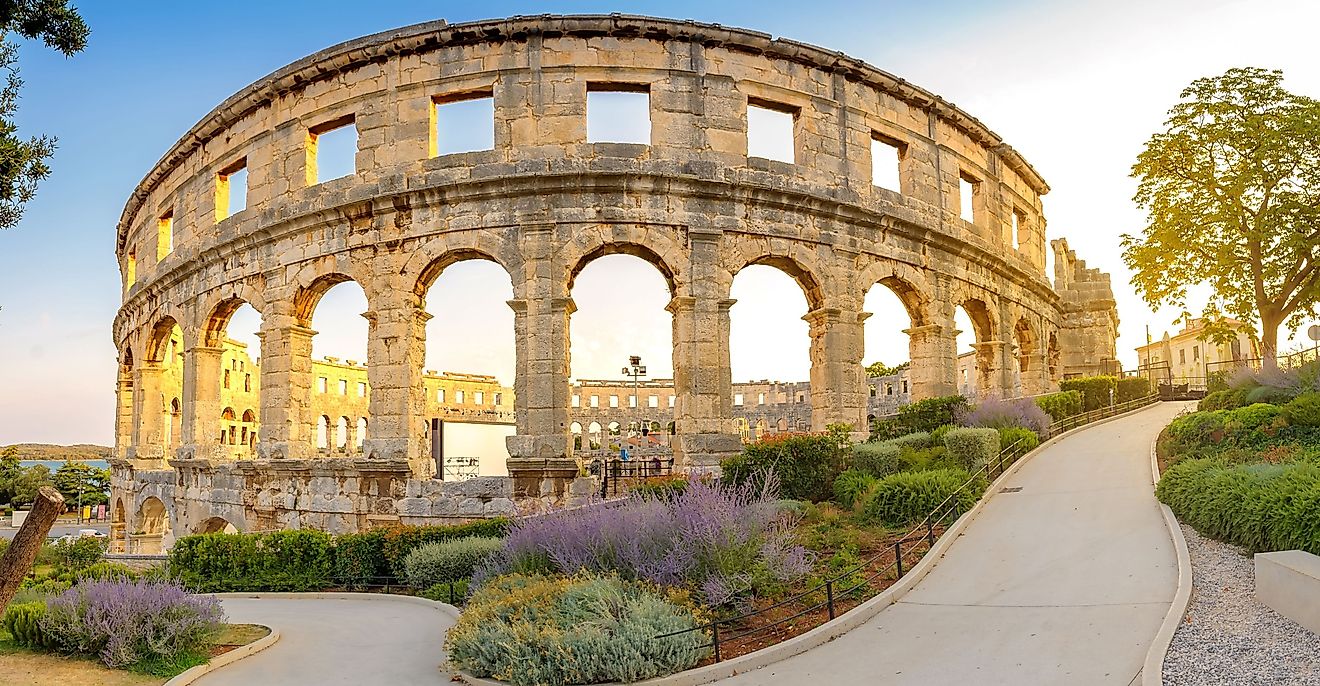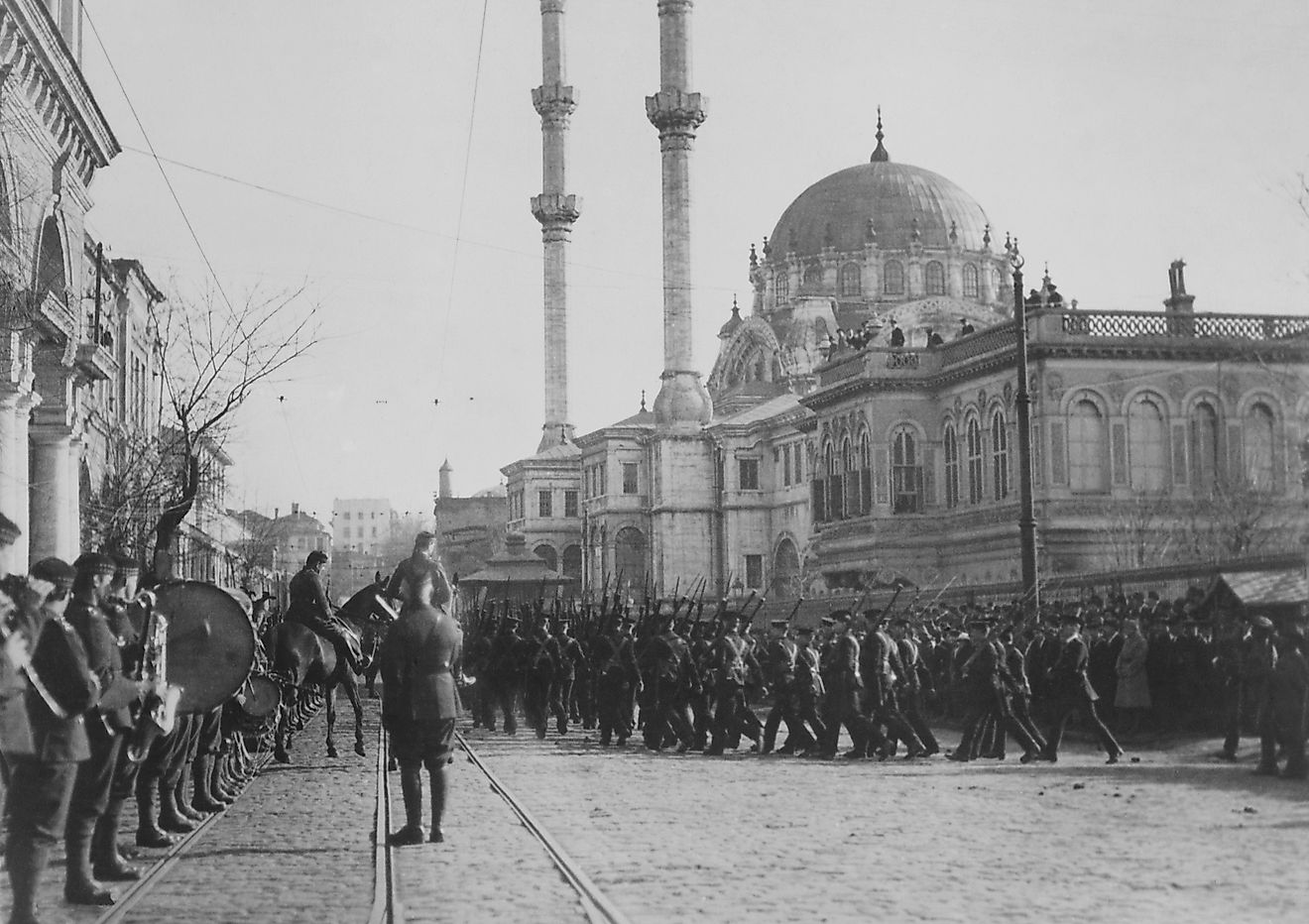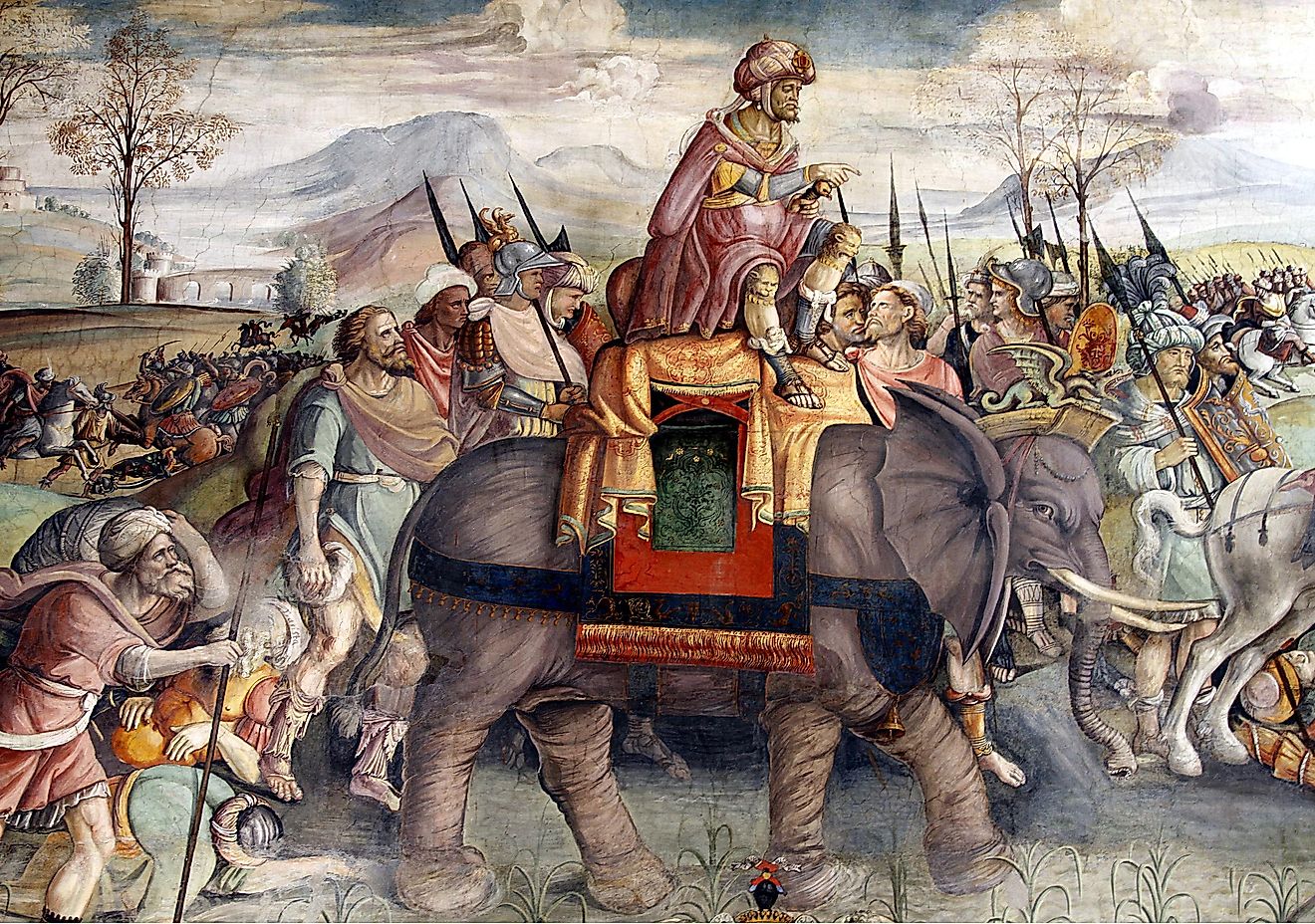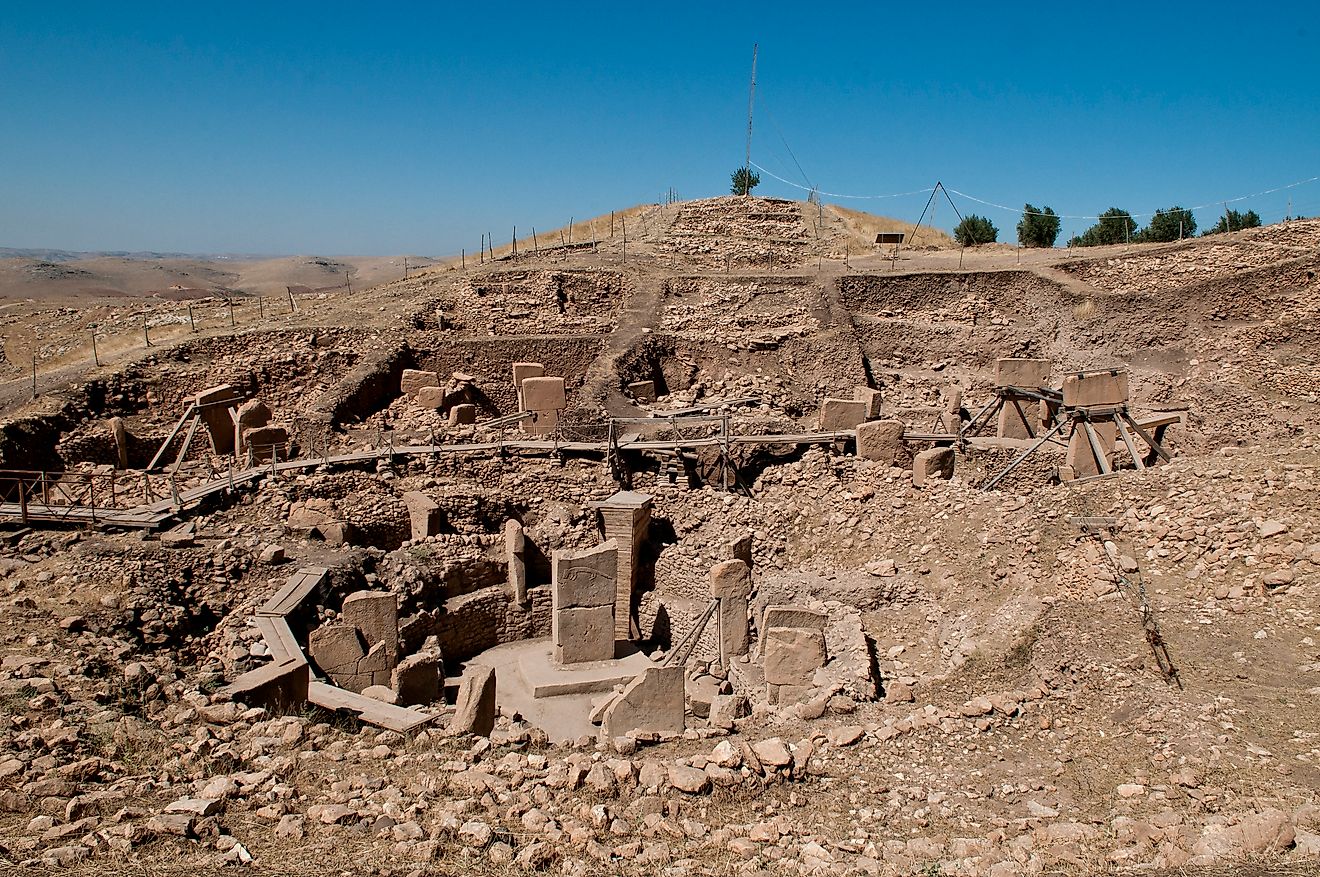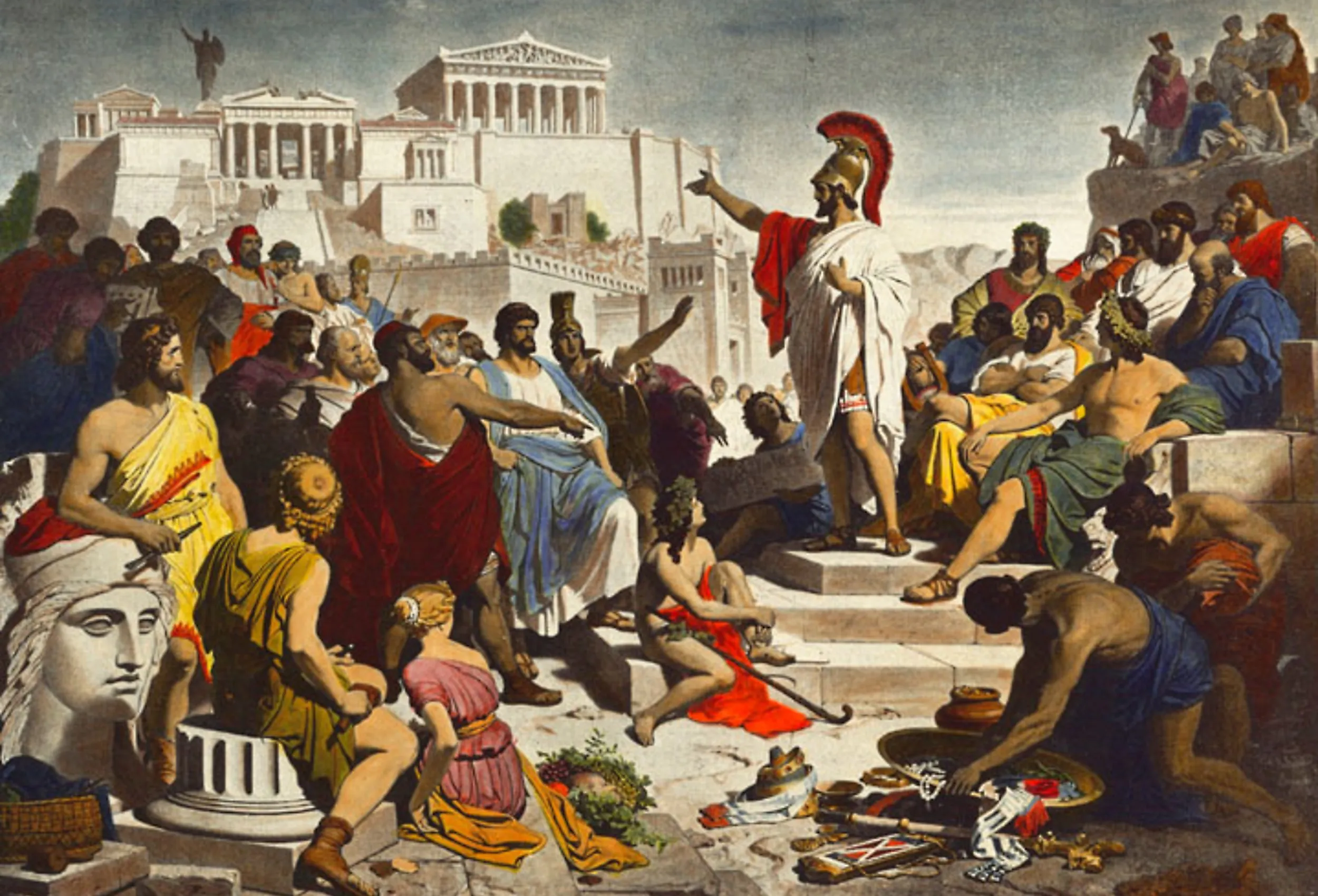
Why Did So Many Greek Philosophers Oppose Democracy?
Democracy remains one of ancient Athens’ most well-known contributions to political thought. However, several of the city’s most influential thinkers, including Plato, Aristotle, and Thucydides, expressed serious concerns about it. These philosophers did not view majority rule as a reliable protector of justice or reason.
Instead, they saw it as a system vulnerable to emotional impulses, manipulation by persuasive leaders, and decisions driven by popular passion rather than informed judgment. Their critiques did not emerge in isolation. They developed in response to the instability of wartime Athens, the failures of leadership, and the public's role in condemning Socrates to death in 399 BCE.
To understand their opposition to democracy, one must examine the Athenian system itself, the historical crises it faced, and the core philosophical values each thinker sought to defend.
The Structure of Athenian Democracy
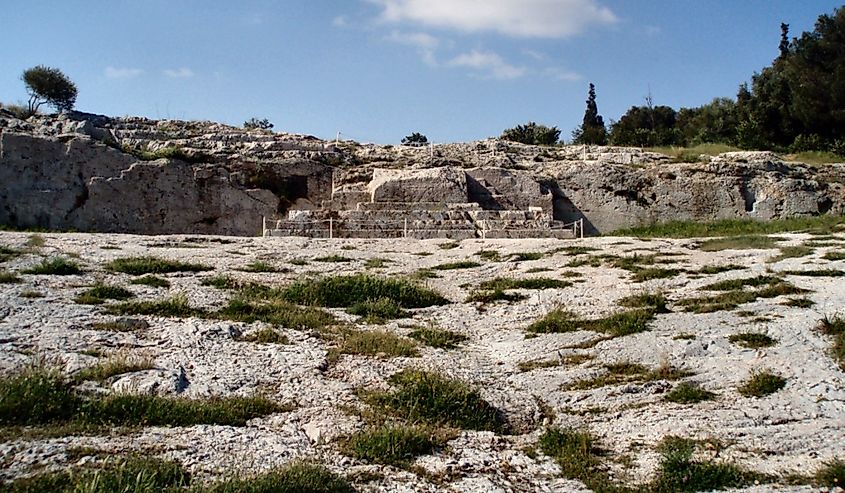
The democracy of classical Athens differed significantly from the representative democracies that exist today. Athenian democracy functioned as a direct system in which eligible citizens voted on laws and policies themselves rather than selecting officials to make decisions on their behalf.
Participation was limited to male citizens over the age of eighteen who had completed military training. Women, slaves, and foreigners were excluded entirely. This narrow definition of citizenship left many residents without a voice in public affairs.
Government institutions such as the Assembly, the Council of 500, and the law courts operated through frequent public participation. The Assembly met several times each month and could pass legislation, declare war, and decide on political trials.
Officials were often chosen by lot rather than by election, based on the belief that random selection reduced corruption and promoted equality. However, this also meant that many positions were held by citizens without specialized knowledge or training.
Unlike modern democracies, Athenian democracy lacked a formal system of checks and balances. Judicial and executive power often lay in the hands of the same citizens who created the laws.
Emotional appeals and persuasive rhetoric frequently shaped public decisions. In times of crisis, this could lead to hasty choices and dangerous consequences. The result was a volatile political environment, especially during periods of war and internal strife. These structural features and historical experiences deeply influenced the criticisms voiced by Plato, Aristotle, and Thucydides.
Plato: Democracy and the Death of Wisdom
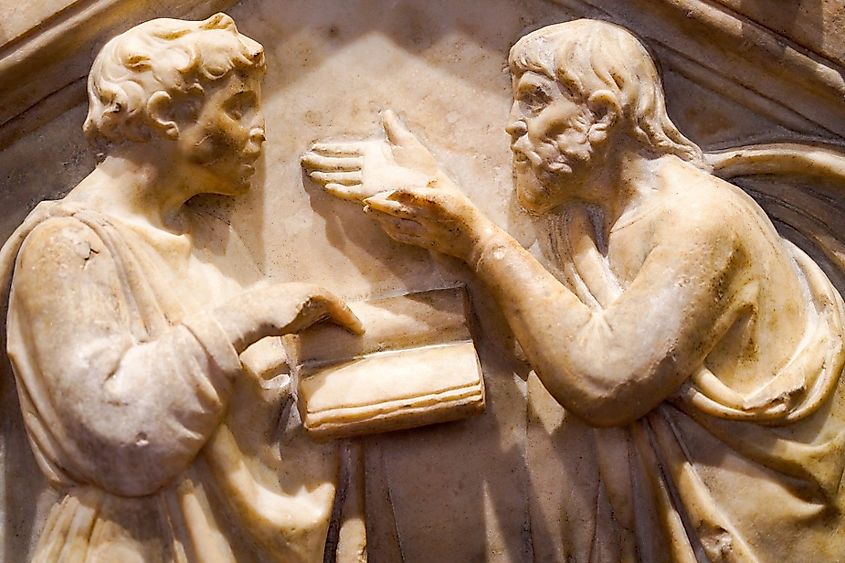
Plato expressed profound concerns about Athenian democracy in his works, especially in The Republic. He argued that democracy granted political power to the majority regardless of their knowledge or virtue. In Plato’s view, the average citizen lacked the wisdom necessary to make sound decisions for the common good.
He compared the state to a ship, suggesting that just as a skilled captain is necessary to navigate the sea, a philosopher-king was required to guide the city wisely.
Plato feared that excessive freedom, which democracy encouraged, would erode order and discipline. He believed this freedom allowed demagogues to exploit popular passions, manipulating the masses for their own benefit. The resulting chaos could pave the way for tyranny, as people sought security in a single powerful ruler.
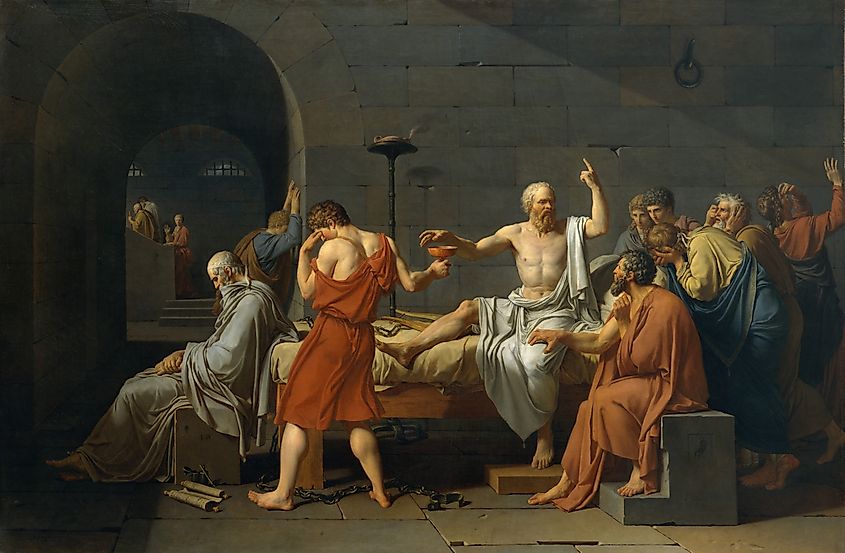
The execution of Socrates, Plato’s mentor, embodied the dangers he associated with democracy. Socrates was condemned by a democratic jury for questioning popular beliefs and challenging the status quo.
Plato saw this event as a clear demonstration of how democracy could suppress wisdom and justice in favor of emotional and impulsive decisions. For Plato, democracy’s appeal to equality in all things ignored the need for qualified leadership based on knowledge and moral virtue.
Aristotle: The Need for Moderation and Balance
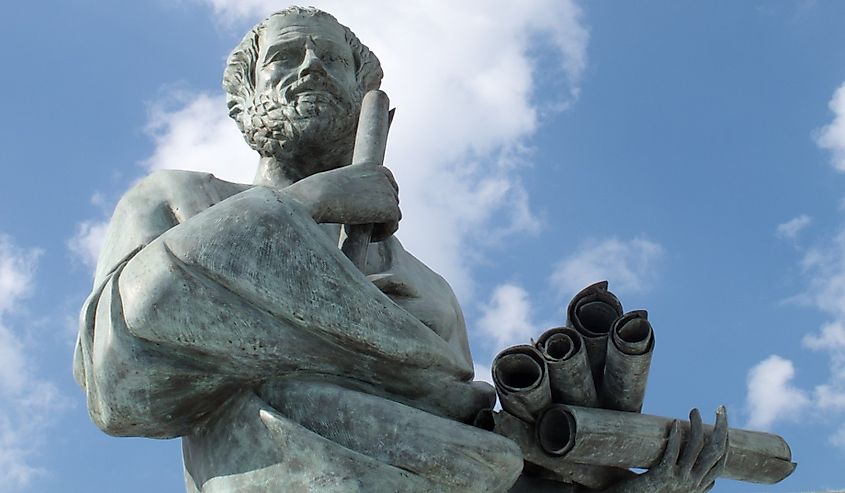
Aristotle offered a more systematic analysis of democracy in his Politics. He classified democracy as one of several forms of government, identifying it as the rule of the many. However, Aristotle warned that democracy often degenerated into what he called “mob rule,” where the majority pursued its own interests without regard for justice or the common good.
He contrasted democracy with “polity,” a balanced government that combined elements of democracy and oligarchy to serve the whole community.
Aristotle argued that majority rule encouraged short-term thinking and impulsive decisions. Citizens might vote based on immediate desires or popular rhetoric rather than reasoned judgment.
This tendency risked undermining stable governance and allowed demagogues to manipulate public opinion. He also emphasized the importance of a strong middle class to prevent extremes of wealth and poverty, which he believed exacerbated factionalism in democratic systems.
The political turmoil and violence Athens experienced during the Peloponnesian War illustrated many of Aristotle’s concerns. The city’s repeated swings between democracy and oligarchy reflected deep social divisions and weak institutions.
The execution of Socrates further revealed how democratic processes could violate principles of fairness and rational deliberation. Aristotle’s critique highlighted the need for moderation and virtue in politics to avoid the excesses of pure majority rule.
Thucydides: History’s Cautionary Voice
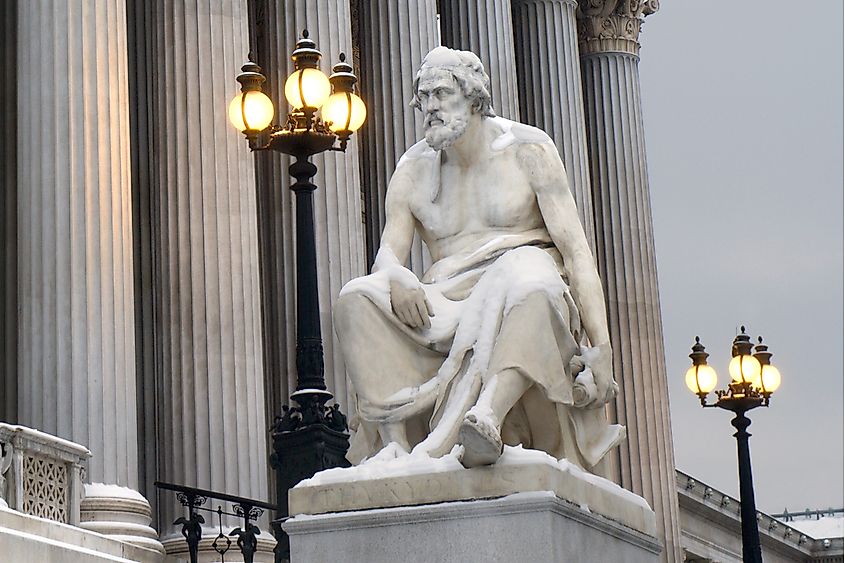
Thucydides, the historian of the Peloponnesian War, provided a practical and often skeptical view of Athenian democracy. His account highlighted how the pressures of war and factional rivalry exposed the weaknesses of majority rule. Thucydides observed that democracy often led to decisions driven by emotion and populist appeals rather than careful strategy.
In his History of the Peloponnesian War, Thucydides described episodes in which charismatic leaders stirred public enthusiasm to pursue risky policies.
The Sicilian Expedition is a key example where the Assembly approved a disastrous military campaign fueled more by ambition and persuasion than sound judgment. Thucydides suggested that democratic debate sometimes degenerated into opportunism and self-interest.
The political climate that led to Socrates’ trial and execution further underscored these dangers. The Athenian public, influenced by fear and anger following military defeats, sought to punish individuals who challenged popular opinion.
Thucydides’ work reveals a city vulnerable to demagoguery and quick shifts in public mood. His analysis served as a warning about the fragility of democratic decision-making during times of crisis.
Shared Concerns: Majority Rule Without Restraint
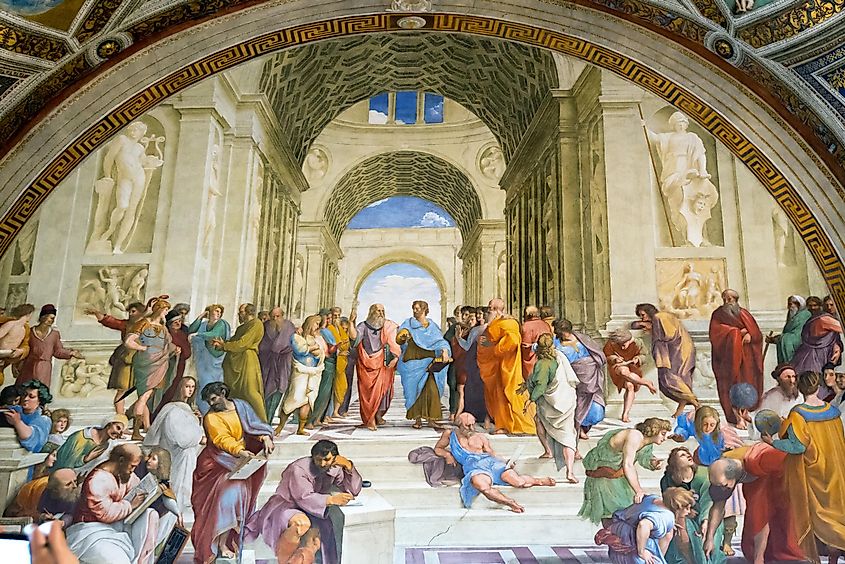
Although Plato, Aristotle, and Thucydides approached democracy from different angles, their critiques shared a central concern: that unmoderated majority rule created conditions for poor leadership, emotional decision-making, and political instability.
All three thinkers reflected on the unique pressures of wartime Athens when democratic institutions were repeatedly tested by military failures, internal divisions, and moral panic.
Each critique pointed to Socrates's execution as a defining moment when democratic processes failed to uphold justice and reason. Whether through philosophical argument, political theory, or historical narrative, they each identified how popular rule, without safeguards or guiding principles, could empower persuasive speakers over prudent leaders and prefer momentary satisfaction over long-term stability.
Their perspectives continue to challenge modern readers to consider the balance between freedom and wisdom in any democratic system.
Lasting Lessons for Democratic Societies
The critiques of Plato, Aristotle, and Thucydides reveal deep skepticism about the capacity of unrestrained democracy to produce wise and just governance. Each thinker, shaped by the turmoil of classical Athens, warned that popular rule often favored passion over reason and opened the door to manipulation. Their reflections on demagoguery, impulsive decision-making, and the death of Socrates continue to resonate. While modern democracies differ in structure and safeguards, these ancient critiques remain relevant reminders of the importance of education, civic virtue, and institutional balance in preserving the integrity of democratic life.

